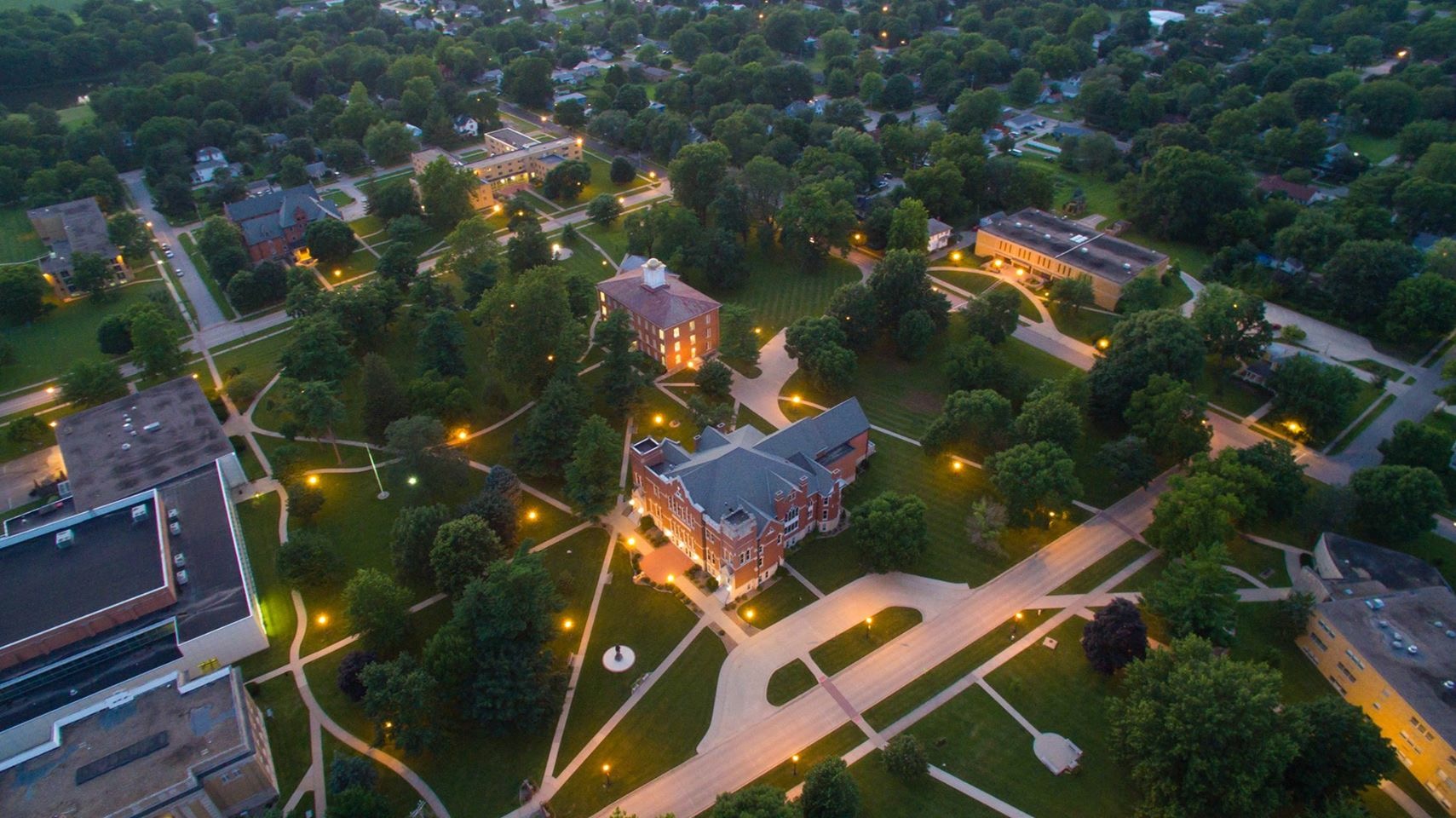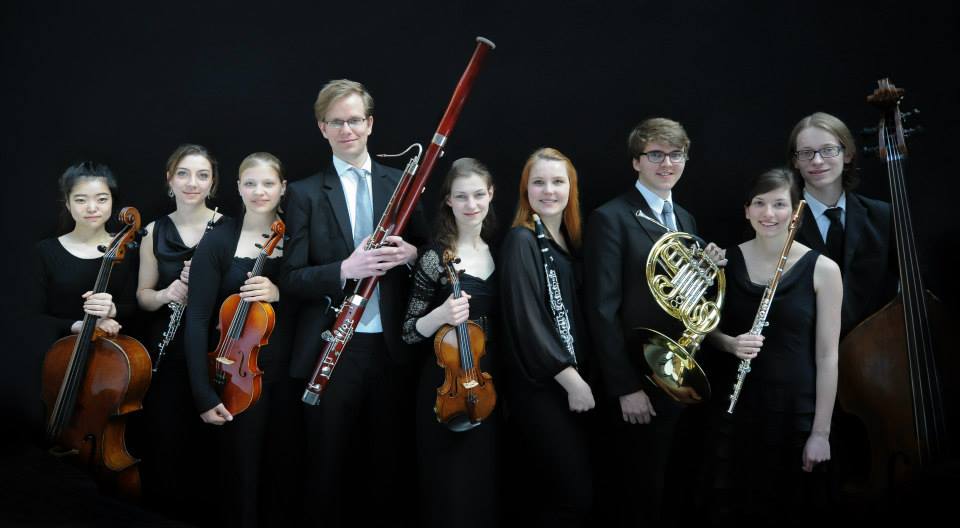Evensong services are typically held in cathedrals, collegiate chapels, and large parish churches, where choral music plays a prominent role. These services often feature the singing of psalms, choral anthems, hymns, and other sacred music. The Evensong tradition holds a significant place in Western civilization due to its historical and cultural importance. It has provided a space for prayer, reflection, and worship for centuries, connecting individuals with their faith and providing a sense of spiritual solace.
The beauty and solemnity of the music performed during Evensong services have also contributed to the development of Western sacred music, with composers creating choral works specifically for these occasions.
History of Western Civilization Told Through the Acoustics of its Worship Spaces










![How easy it is to make people believe a lie, and [how] hard it is to undo that work again! - Mark Twain](https://www.azquotes.com/vangogh-image-quotes/48/62/Quotation-Mark-Twain-It-s-easier-to-fool-people-than-to-convince-them-48-62-03.jpg)











